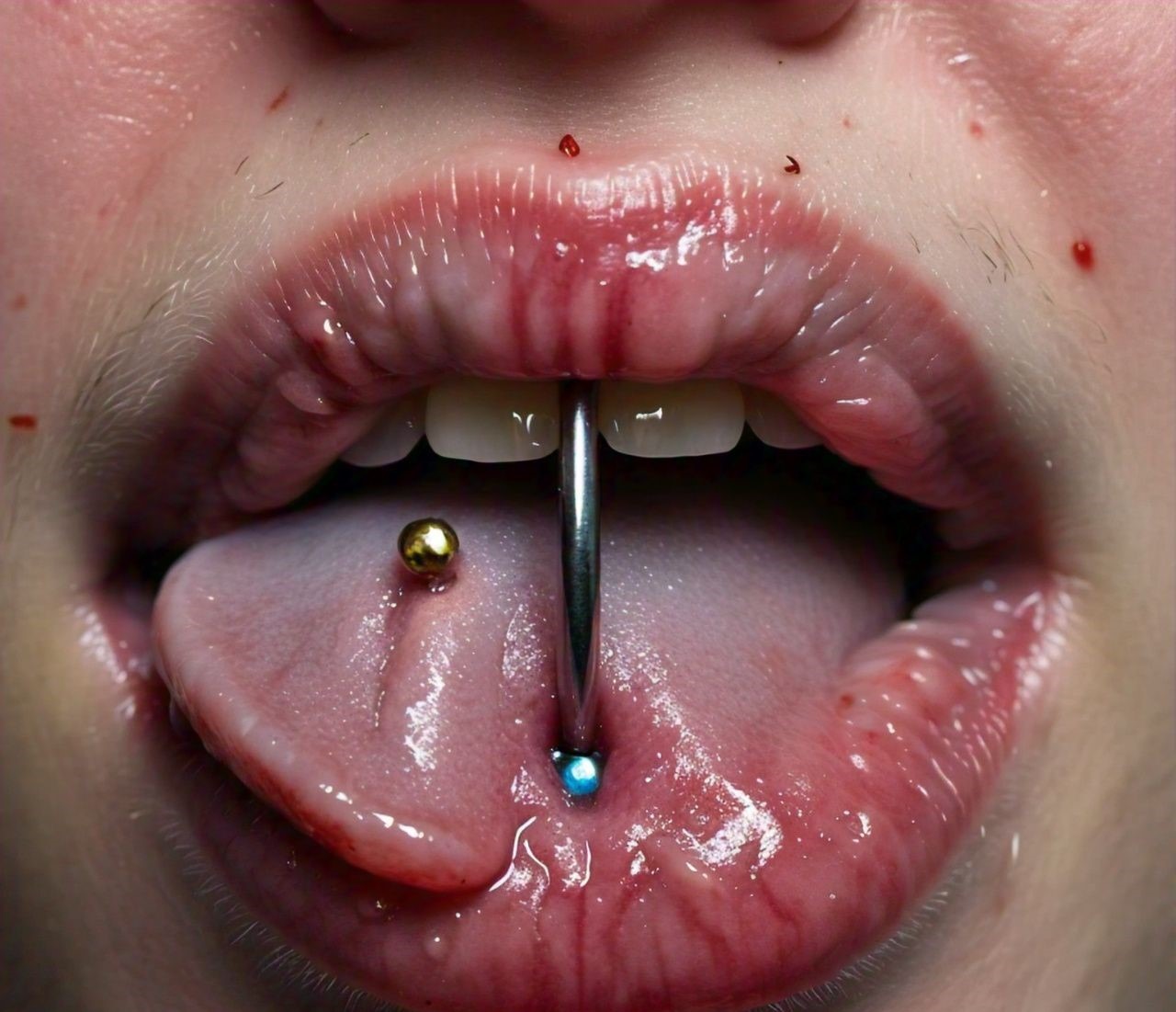Introduction:
Looking for “Infectious Disease Doctors Near Me” and need help finding the right specialist? Here’s a guide on the top five ways to track down a doctor who can help you manage infections effectively. These diseases are often tricky to diagnose and treat, so it’s important to find a specialist who knows your condition inside out. Let’s dive into the best strategies for locating the expert you need.
What Do Infectious Disease Doctors Do?
Before starting your search, it’s useful to know exactly what infectious disease doctors specialize in. These experts focus on infections caused by bacteria, viruses, fungi, and parasites. They diagnose, treat, and even help prevent infections, from minor ones to chronic illnesses like HIV/AIDS or hepatitis.
Main Responsibilities:
- Figuring out what’s behind complex infections
- Treating infections resistant to standard antibiotics
- Managing chronic infectious diseases
- Offering preventative care, like vaccinations for at-risk groups or travelers
Understanding their role can help you know why it’s crucial to find the right infectious disease specialist near you.
1. Ask Your Primary Care Doctor
When you need an infectious disease doctor, your first stop should be your primary care physician (PCP). If you’re dealing with a tricky or recurring infection that’s not getting better, your PCP may refer you to a specialist. They’ll often have connections to doctors in your area who are experts in treating infectious diseases.
Why Start Here?
- Your PCP can help rule out other illnesses
- They know your health history and can recommend the right specialist
- Health insurance often requires a referral before you see a specialist
Starting with your primary care doctor can save you time and simplify the search.
2. Try Online Medical Directories
If you prefer a more hands-on approach, you can search for infectious disease doctors yourself using online medical directories. Sites like Healthgrades.com, ZocDoc.com, and WebMD.com let you search for specialists based on your location, insurance, and even the specific condition you’re dealing with.
Perks of Online Directories:
- Search by location to find doctors nearby
- Read reviews from other patients
- Check board certifications to ensure you’re getting a qualified expert
Online directories are a fast and easy way to learn more about potential doctors, including what other patients have to say.
3. Ask Around for Recommendations
Another great way to find infectious disease doctors is by asking for recommendations. Whether it’s another specialist you’re already seeing or a friend who’s been treated for an infection, word-of-mouth is powerful when it comes to healthcare.
Who Can You Ask?
- Other specialists like dermatologists or pulmonologists
- Friends or family members who’ve dealt with infections
For instance, someone with recurring Lyme disease might get referred by a rheumatologist to a local infectious disease expert, speeding up their recovery.
4. Search Hospital or University Websites
Many hospitals, especially teaching hospitals or academic medical centers, employ infectious disease specialists who are also engaged in research. Some of the top hospitals have departments dedicated to infectious diseases and allow you to search for doctors by specialty.
Leading Institutions to Consider:
- Mayo Clinic: A globally recognized leader in patient care with an extensive list of infectious disease specialists(Mayo Clinic).
- Johns Hopkins Medicine: Renowned for both clinical treatment and infectious disease research.
Hospitals often list their doctors’ specialties and offer detailed profiles, including the conditions they treat, their educational background, and their areas of focus. You may also find useful information on whether they accept your insurance.
Chart: Comparative Analysis of Top Infectious Disease Hospitals
| Hospital | Infectious Disease Specialties | Location | Top Areas of Expertise |
|---|---|---|---|
| Mayo Clinic | Transplant infections, HIV/AIDS | Multiple Locations | General infections, complex cases |
| Cleveland Clinic | Antibiotic resistance, HIV | Cleveland, OH | Complex bacterial infections |
| Johns Hopkins | Infectious disease research | Baltimore, MD | International travel-related diseases |
| Mount Sinai Hospital | Travel medicine, Transplant infections | New York, NY | Hepatitis, Tuberculosis |
.
5. Check with Your Insurance Provider
Finally, make sure the doctors you’re considering are covered by your insurance. Checking with your insurance company before booking an appointment will help you avoid surprise expenses.
What to Ask Your Insurer:
- Are the infectious disease doctors you’re considering in-network?
- Do you need pre-authorization for the specialist visit?
- What are the costs for out-of-network doctors?
Patients who stick with in-network specialists can save about 30% on their medical bills, so it’s well worth checking before you schedule an appointment.
Data Insight: According to a 2023 report, patients who stay in-network save an average of 30% on specialist consultations compared to out-of-network visits.
Common Health Plans That Cover Infectious Disease Consultations:
- Blue Cross Blue Shield
- UnitedHealthcare
- Aetna
- Cigna
Conclusion
Finding the right infectious disease doctor is key to getting the best care, especially when dealing with complex infections. Whether you start with your PCP, search online, or ask for recommendations, these five strategies will help you locate a specialist you can trust. Don’t forget to double-check their credentials, insurance compatibility, and reviews before making your final decision. The sooner you find the right expert, the faster you can get on the path to recovery.




